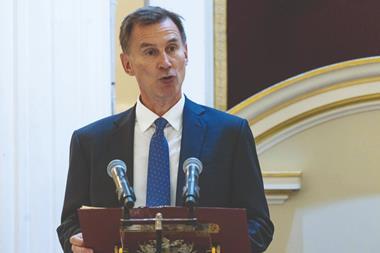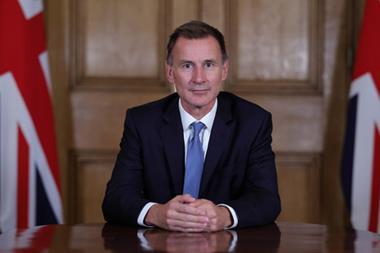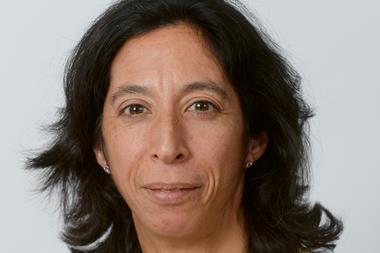NEST, the UK’s largest workplace pension scheme by members, is looking to place a proportion of its portfolio in illiquid investments, offering additional diversification and alternative return opportunities.
As at 31 March 2023, NEST was managing £29.6bn on behalf of scheme members.
In the scheme’s latest annual report, chair Brendan McCafferty said that over the last year NEST has continued to extend the range of asset types it has in its investment portfolio, including just under £500m invested with newly-appointed private equity managers.
McCafferty said: “These new mandates have allowed us to invest in innovative, privately-owned companies which are growing and seeking new capital to help fund their expansion, both in the UK and globally.”
He expects that the move to add more illiquid assets to NEST’s portfolio will lead to “strong, steady risk-adjusted returns over the long term”.
Currently, according to the report, 15% of NEST’s assets were invested in illiquid assets over 2023, up from 10% the year before.
This is due to the scheme adding private equity to its illiquid asset portfolio. The trustees also increased the allocation to UK direct property in the third quarter of the year.
Mansion House Compact
In July, Jeremy Hunt, the UK’s chancellor of the exchequer, announced plans to unlock up to £75bn of additional investment from defined contribution (DC) and Local Government Pension Schemes (LGPS) to help grow the UK economy and deliver benefits to savers.
As part of this, he announced a Mansion House Compact of which NEST is an early signatory. The Compact requires signatories to allocate at least 5% of their default funds to unlisted equities by 2030. Currently, the UK’s DC schemes investment in UK unlisted equities is under 1%.
Read the digital edition of IPE’s latest magazine























